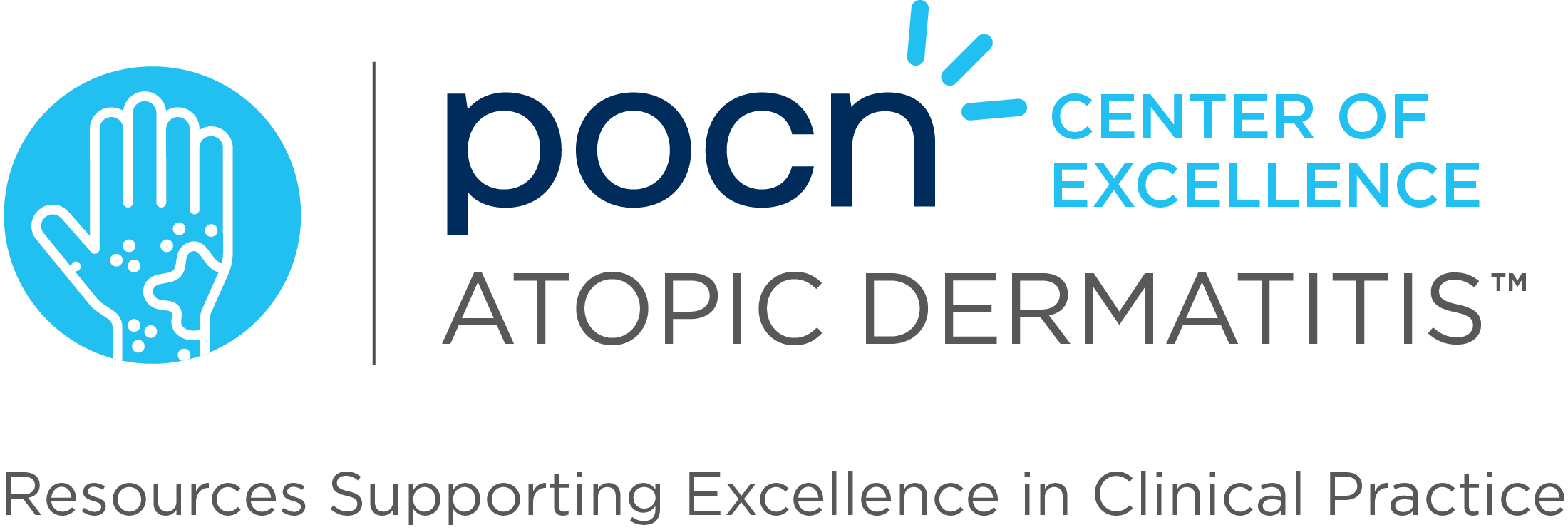Study Identifies Skin Microbe Link to Eczema Itching: Potential for New Treatments

Eczema affects millions globally, with itch being a prominent symptom that impacts quality of life. Recent research investigated a potential link between eczema and oral microbiota, finding poorer oral health and altered microbial diversity in patients with eczema compared with controls. This highlights the need for increased awareness and potential therapeutic interventions for oral health issues in those with eczema.
UV Phototherapy for Patients With Psoriasis and Eczema Does Not Increase Skin Cancer Risk

Researchers of a study aimed to determine if ultraviolet (UV) treatment, known to increase skin cancer risk due to excessive sun exposure, posed a similar threat in patients with psoriasis and eczema when used therapeutically. The study involved 3,506 patients treated with broadband-ultraviolet-B (UVB), narrowband-UVB, and/or combined ultraviolet A and broadband-UVB (UVAB) phototherapy, excluding treatments with psoralens. Over the course of the study, 79 patients were diagnosed with skin cancers, including melanoma, squamous cell carcinoma, and basal cell carcinoma.
Dermavant Seeks FDA Approval for Tapinarof Cream in Treating Young Patients With Atopic Dermatitis

Dermavant Sciences has submitted a supplemental new drug application to the FDA for VTMA (tapinarof) cream 1%, a treatment for atopic dermatitis (AD) in patients aged 2 years and older. VTMA cream, an aryl hydrocarbon receptor agonist, is already approved for treating adults with plaque psoriasis. This application is significant due to the growing prevalence of atopic dermatitis, particularly among children, and the need for new, long-term treatment options.
Atopic Dermatitis Treatment: Rapid Itch Relief With Emerging Therapies

Casey Butrus, PharmD, and Michael Cameron, MD, FAAD, discuss the effectiveness of various therapies for atopic dermatitis (AD). Topical ruxolitinib and oral JAK inhibitors, they note, provide rapid itch relief within days, while systemic therapies like dupilumab also offer fast relief. In contrast, older treatments, such as topical steroids, may have a slower onset of action since they don’t directly target specific itch pathways like newer medications.
Dermatology Pipeline Review: JAK Inhibitors and Skin Condition Treatments

This article provides an overview of the dermatology pipeline, reviewing medications for alopecia areata, atopic dermatitis, and plaque psoriasis, with a focus on JAK inhibitors for alopecia areata. Recent atopic dermatitis approvals include abrocitinib, upadacitinib, dupilumab, and tralokinumab, with lebrikizumab in phase 3 research. Promising plaque psoriasis treatments include deucravacitinib, bimekizumab, and various other options, including gene therapy.
Expert Discussion: Atopic Dermatitis Treatments

Shawn Kwatra, MD, and Peter Lio, MD, discuss new developments in atopic dermatitis (AD) treatments, including promising topical medications like roflumilast and tapinarof, and the role of microbiome modulation in AD management through diet and probiotics. They emphasize the holistic approach to AD treatment, integrating conventional medicine with traditional practices and the growing potential of nutraceuticals.
Guidelines for Atopic Dermatitis Management: Topical Treatments and Phototherapy

The American Academy of Dermatology recommends managing atopic dermatitis with emollients, soap-free cleansers, topical corticosteroids for flare-ups, and topical calcineurin inhibitors like pimecrolimus and tacrolimus. While ultraviolet phototherapy is effective for more severe cases and antistaphylococcal antibiotics can treat secondary infections, oral antihistamines and integrative medicine lack evidence of effectiveness.
Combined Therapy With Dupilumab and Tofacitinib Shows Promise in Severe Atopic Dermatitis

A 35-year-old male with severe atopic dermatitis (AD) saw partial improvement with dupilumab and halobetasol, leading to the addition of the JAK inhibitor tofacitinib. Although this combination cleared his AD, tofacitinib was discontinued due to risks and insurance issues, continuing treatment with only dupilumab. This case emphasizes the importance of risk evaluation and the promise of new JAK inhibitor developments.

